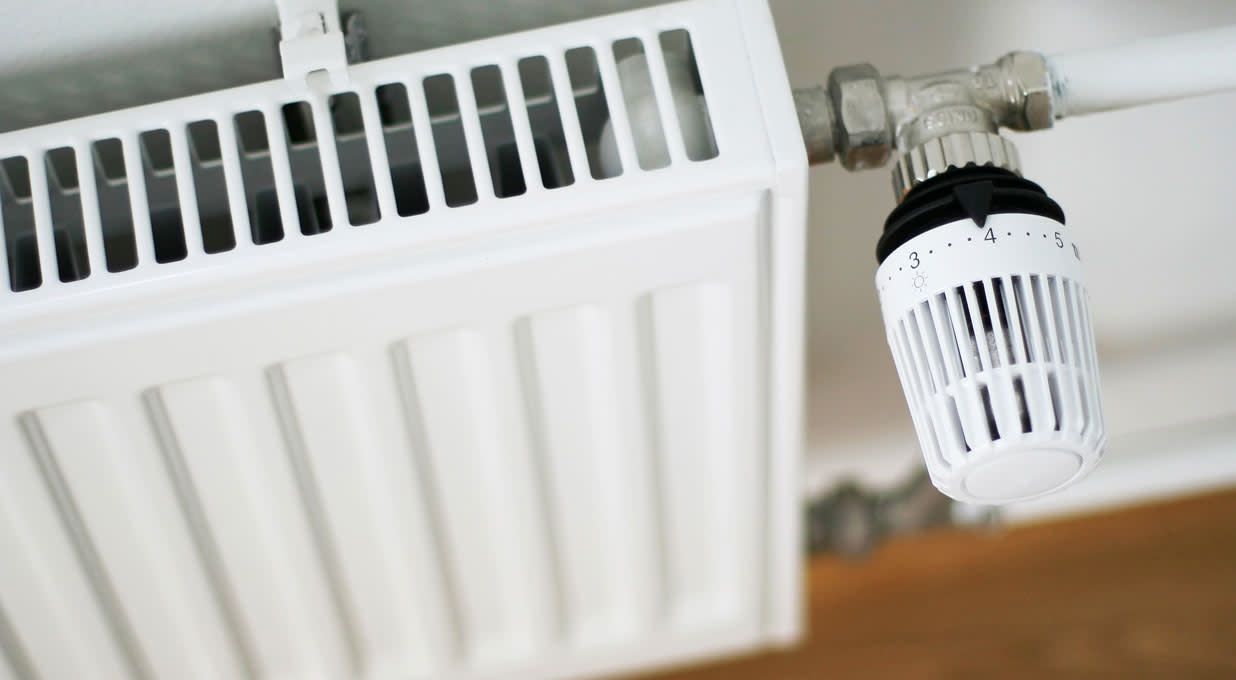SSE’s full-year revenue fell from £12.5bn to £10.5bn, as inflation-linked tariff increases in the Transmission division were offset by declines elsewhere.
Underlying operating profit fell 4% to £2.4bn. Large profit declines in the Thermal and Gas Storage divisions due to lower energy price volatility more than offset a 48% improvement in Renewables profitability.
Free cash flow improved from around £0.1bn to £1.9bn. Underlying net debt rose from £7.0bn to £7.6bn.
Underlying earnings per share was 158.5p, towards the top end of group guidance. The group has “confidence” that this figure will rise to between 175-200p over the next three years.
A final dividend of 40.0p per share was announced, taking the full-year total to 60.0p. This is down from 96.7p in the prior year, in line with the previously announced change to the dividend policy.
The shares fell 2.2% following the announcement.
Our view
SSE’s full year profitability was towards the top end of group guidance, but this still marks a decline from the prior year. In large part, this was due to less volatile energy prices, which many of the group’s divisions benefit from.
Efforts to transition to a renewable energy powerhouse have continued at pace regardless, with a large chunk of the group’s £2.5bn worth of investments last year being directed towards greener assets. Investment is expected to jump to over £3bn this year as the speed of project completion ramps up.
Turbo-charging focus to renewables is a bold and admirable move. But the shift comes with a hefty dose of risk - they're not always reliable. To some degree, it's at the mercy of mother nature.
That’s why more flexible gas-fired plants are still part of the energy mix. They complement the renewables segment well and are on hand to plug any shortfalls in energy output when adverse weather comes along.
On the regulated networks side of things, SSE delivers electricity across Scotland and Southern England. This is classic utility territory - with revenues predictable and profits closely regulated. A portion of these regulated revenues are positively related to investment levels, and are also protected against inflation. However, the additional return isn't received until sometime after the service has been delivered and investment has been made, which can cause a drag on cash flows in the meantime.
So, in a bid to free up cash for growth and further investment, the group rebased its dividend to 60p, down from 96.7p last year. This is a stark reminder that dividends are variable and not guaranteed.
The group’s investment plans look achievable in our eyes but they're set to stretch the balance sheet, with the ratio of net debt to cash profits (EBITDA) likely to rise from 3.0x to between 3.5-4x in the medium term. While a moderate amount of debt isn't a bad thing, especially for a business with such reliable revenues, it does add pressure to keep delivering.
There are external threats as well. Regulatory challenges loom, particularly as high energy prices compound cost-of-living pressures. Many areas of SSE's business benefit from these high prices, as well as increased price volatility. But with market conditions seemingly less turbulent this year, other areas of the business will have to step up to pay the investment bill.
We don't think the ambitious growth plans are fully reflected in the current valuation, suggesting that investors still need some assurance that SSE can deliver on its promises. Long term, we're optimistic about the group's prospects, but in the near-to-medium term, volatility should be expected as SSE makes these transitions.
SSE key facts
All ratios are sourced from Refinitiv, based on previous day’s closing values. Please remember yields are variable and not a reliable indicator of future income. Keep in mind key figures shouldn’t be looked at on their own – it’s important to understand the big picture.
This article is not advice or a recommendation to buy, sell or hold any investment.No view is given on the present or future value or price of any investment, and investors should form their own view on any proposed investment.This article has not been prepared in accordance with legal requirements designed to promote the independence of investment research and is considered a marketing communication.Non - independent research is not subject to FCA rules prohibiting dealing ahead of research, however HL has put controls in place(including dealing restrictions, physical and information barriers) to manage potential conflicts of interest presented by such dealing.Please see our full non - independent research disclosure for more information.


